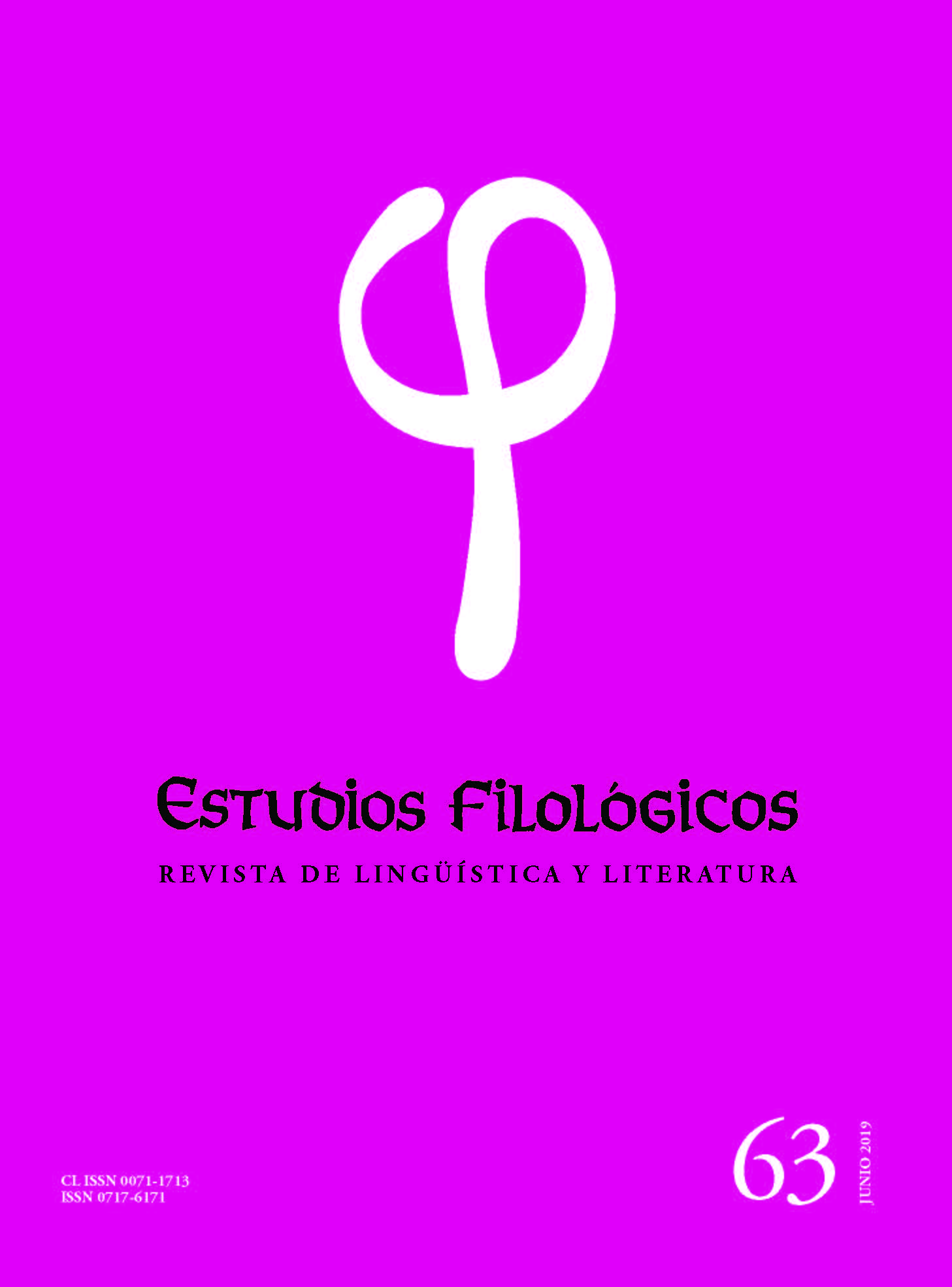Syntactic and diatopic variation of verbs disfrutar and gozar
Main Article Content
Abstract
Among the Spanish verbs held to govern a prepositional phrase as their complement there are some which, according to scholars, alternate freely between a prepositional object and a direct object with no change in meaning. The psychological verbs disfrutar (to enjoy) and gozar (to enjoy) are often cited to illustrate such cases (disfrutar or gozar de la vida ‘to enjoy life’/ disfrutar or gozar la vida ‘to enjoy life’). In the present work, we analyze the use of disfrutar and gozar in actual language data proceeding from six Spanish-speaking countries and we find that the variation between syntactic patterns allowed by these verbs allow is not as ‘free’ as it is claimed. Specifically, we establish that the choices of one constructional variant over the other are partly determined by differences in the respective profile of the lexical items in question, by the way in which the two types of complement correlate with particular shades of meaning, and by a set of unexpected but robust tendencies of diatopic character. These tendencies bring to view a process of detransitivization (prepositional coding) which affects disfrutar and gozar in variable degrees depending on the country.

